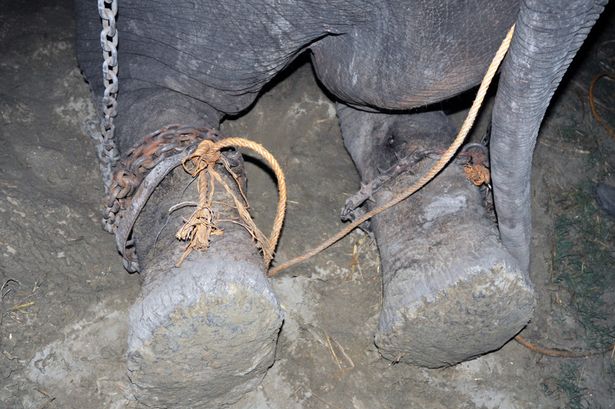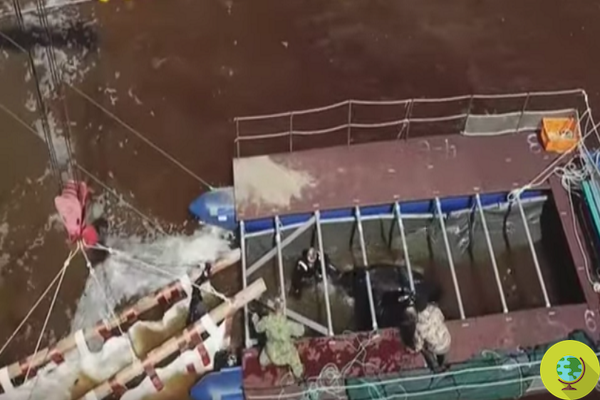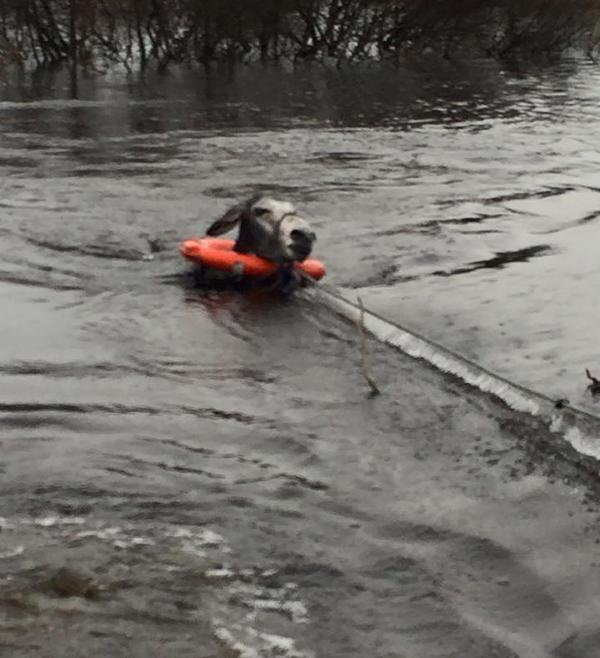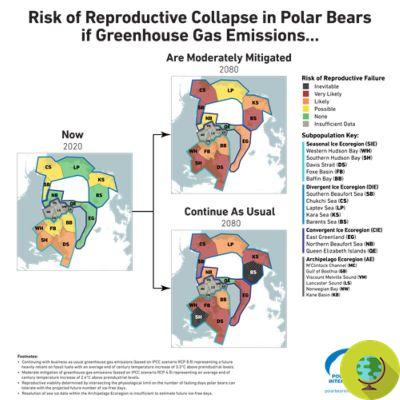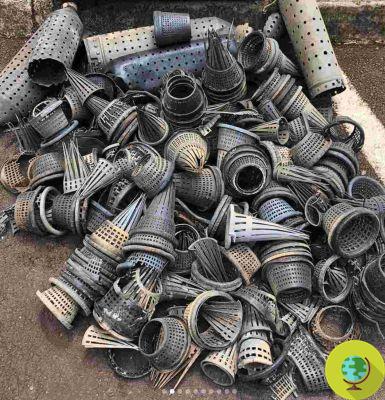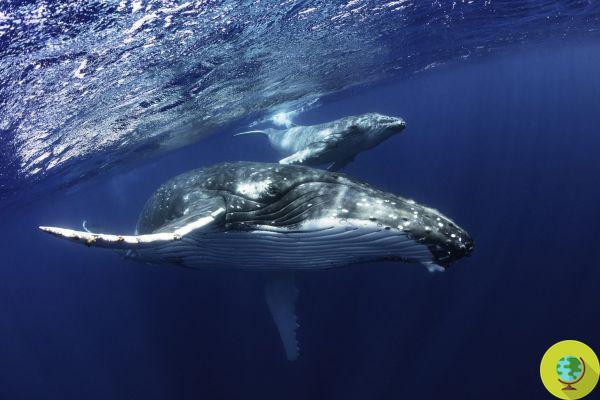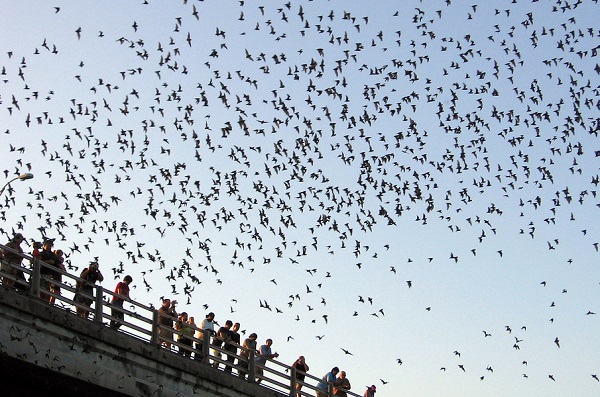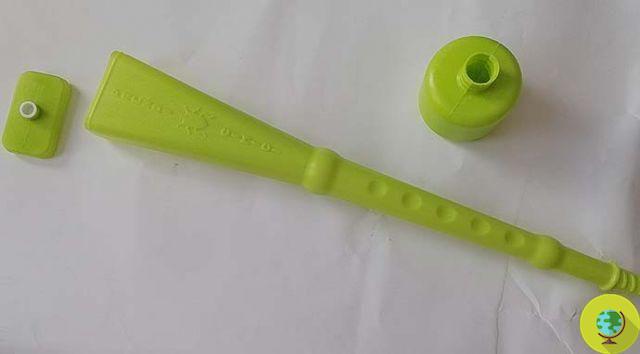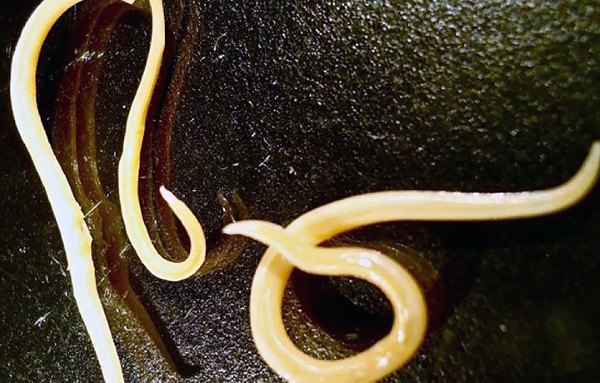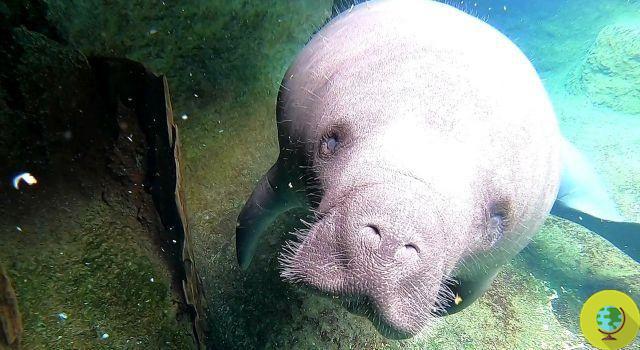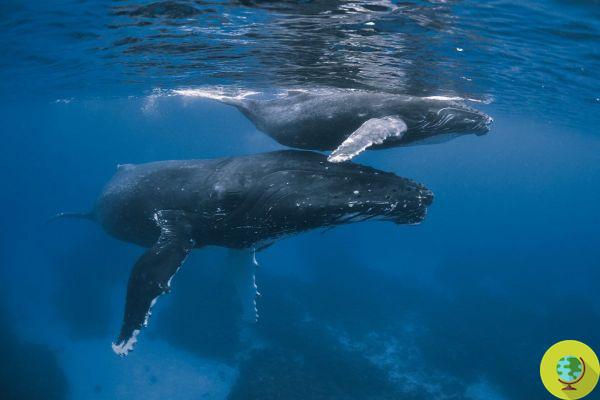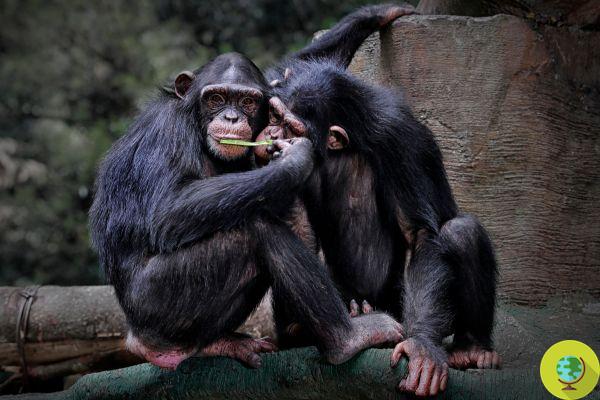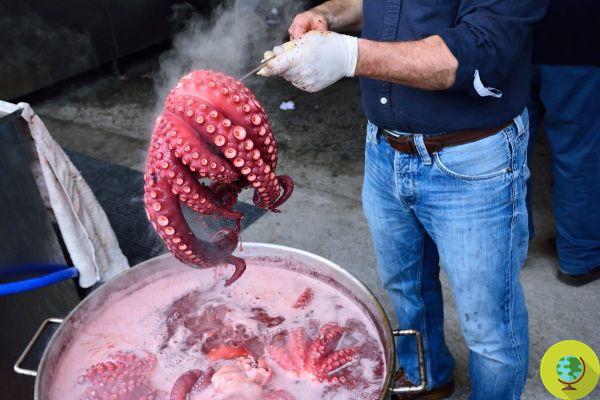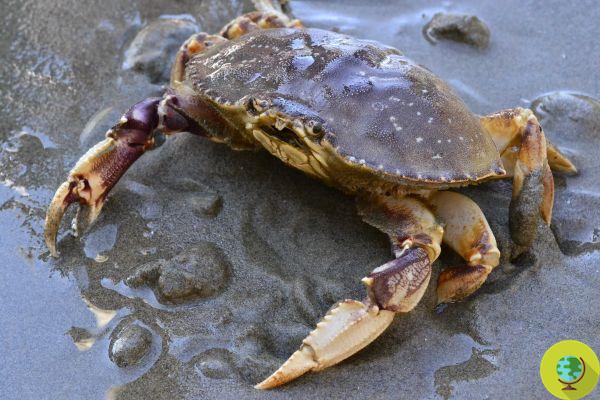
The Pacific Ocean is increasingly acidic and this is causing the shells of crab larvae to melt: several marine species at risk
Le waters of the Pacific Ocean they have reached such an acidity as to cause the dissolution of the exoskeleton of crabs.
Il Dungeness crab (Metacarcinus magister), a species of vital importance for commercial fishing, is one of the first animals to be affected by the more acidic pH of the Pacific Ocean: its shell is melting and this causes damage to the sensory organs.
The terrible discovery was by a group of American researchers, who carried out a study on the impact of water acidification.
Il pH of the oceans in recent years it has steadily declined due to the absorption of greater quantities of carbon dioxide from the atmosphere.
Ocean acidification causes major ecosystem changes marine as it increases the salinity and temperature of the water and favors the proliferation of algae.
La survival of crustaceans and coralsmoreover, it depends on the presence of carbonate ions in the water, used to build shells and skeletons. When acidity increases, these ions decrease and it becomes difficult to guarantee strength and resistance to shells and shells.
The recent study showed that the overly acidic pH has corroded the young shells of crab larvae: this could compromise their development, as well as their ability to defend themselves from predators and to float.
Crabs also have receptive structures that they use to move: these too have been damaged by the excessively low pH and this causes difficulties in movement, which are essential to escape or go in search of food.
It is unclear whether the same effects also occur in adult specimens, but if the larvae face these problems, it will be difficult for them to survive until adulthood.
The fact that higher acidity also has a negative impact on animals did not surprise the researchers, but they remained surprised by the speed with which the crabs have suffered from the changed water conditions.
If the crabs have already shown the first damage given by the increased acidity of the sea, many other species could present the same problem very soon: several species including oysters, clams and plankton rely on carbonate ions to strengthen their structures.
Humans and other marine animals that feed on these species could therefore find themselves in serious difficulty: the impact in economic and food safety terms they could be huge.
According to the NOAA Ocean Acidification Program, in order to address ocean acidification, it is imperative that policy takes immediate action to reduce carbon dioxide emissions.
Read also:
- Ocean acidification: the shells of the shells are melting due to co2
- The researcher who will save the oceans from acidification thanks ... to smartphones!
- Oceans: never been so acid. Coral reefs are also at risk




